Raising a Family in Hostile Times
Insights from our interview with Sir Jacob Rees-Mogg...

On Tuesday, we sent out an email containing our podcast interview with Sir Jacob Rees-Mogg. We were delighted to have the opportunity to speak with him and hear his insight on the importance of family, and above all, his advice on passing down your values to your children in a world that is often hostile to your beliefs.
Over the course of our almost 1.5 hour conversation, we discussed a wide variety of topics on this theme. Here below are some of the highlights which emerged from the interview, as well as some brief reflections on them.
What he had to say could be as helpful as it is reassuring whether you are a prospective or current parent, or simply someone committed to building a better society for your descendants…
#1: Having More Children is Easier than You Think
It is often generally assumed that the more children you have, the more difficult your life becomes. As a father of six himself, Sir Jacob’s insight on this is especially valuable. Firmly refuting this assumption, he argues the reality is quite the opposite, and that from many points of view, especially after the second child, parenting becomes both easier and more fulfilling.
We talked about some of the preconceptions that tend to predominate in contemporary discourse, from economic concerns to the fear of ‘losing control’ when raising many children. Sir Jacob indeed showed why many of these preconceptions are ultimately unfounded, and in particular often fail to take into account the ‘team effect’ that is generated, and which grows exponentially, as the family grows too.
#2: Family ‘and’ Career, not ‘or’
At a certain point in the interview, I put the above X post to Sir Jacob. It is a post, after all, which succinctly captures a particularly damaging and widespread assumption in the modern Western world — the idea that upon reaching adulthood, one must choose between a career and children, and that having the latter necessarily undermines the pursuit of the former.
Sir Jacob’s reasoned response highlighted both the ideological flaws of the post’s assertion, and the simple fact that it is undermined by concrete statistics. Not only that, but he presented a compelling case as to why the truth is in fact the exact opposite of the post’s claim, and that getting married and having children young has proven time and again to be among the most effective motivators for men in particular to build a successful career.
#3: How Should you Respond to Attacks on your Faith?
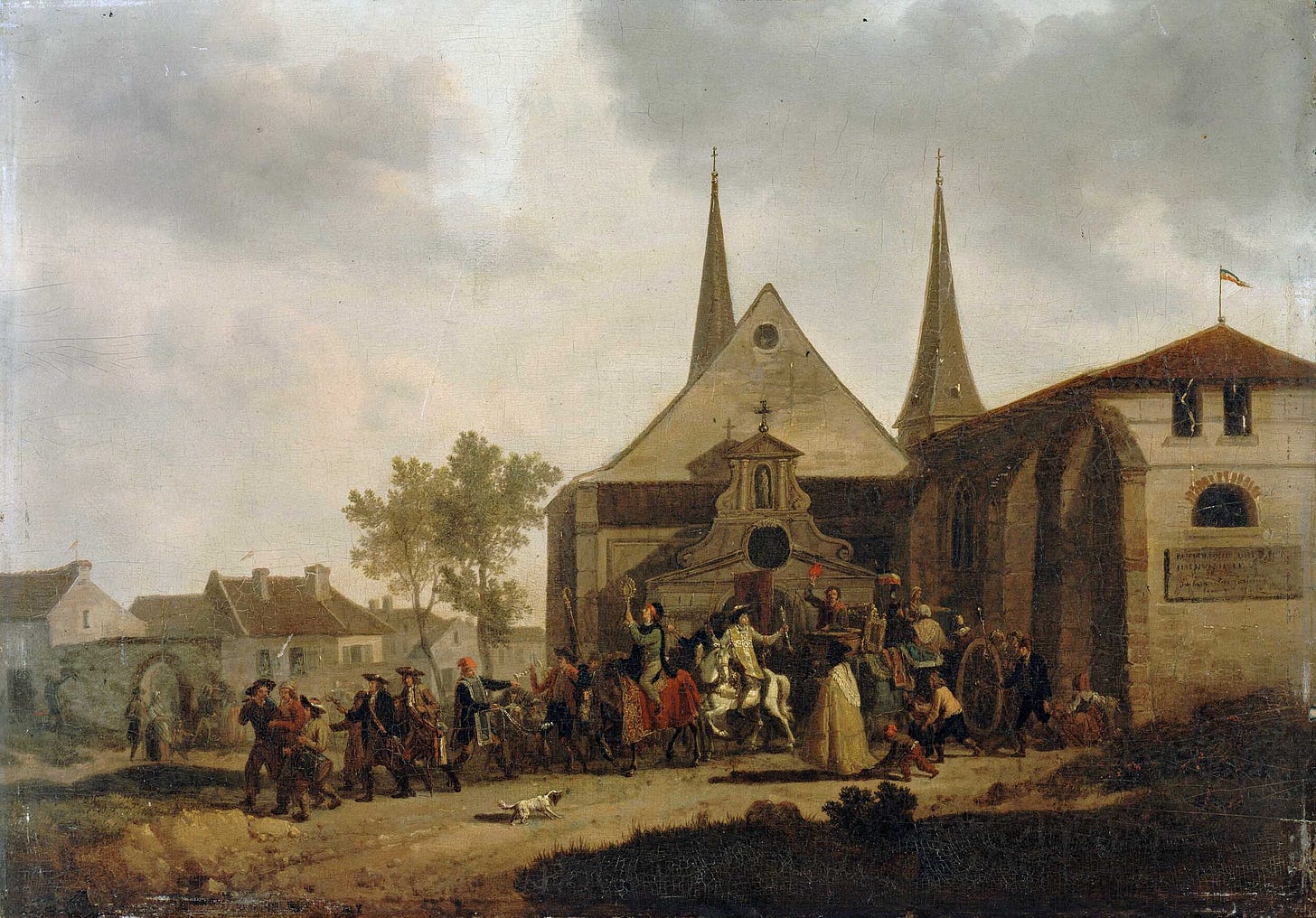
As a Catholic in the United Kingdom, a state whose establishment not only promotes secularism in the public sphere but, due to the distinct course of British history, is also further defined by a deep-seated anti-Catholicism, Sir Jacob has been frequently targeted by both the media and parliamentary colleagues alike for his faith and convictions.
He is therefore particularly well-placed to advise others on how to respond in the face of such attacks. Perhaps surprisingly, he argued that it is actually easier to be a Catholic today than it was a generation ago. This is in part due to the fact that the Catholic Church, as opposed to certain other Christian denominations, has an official teaching on many social issues. As a result, Catholics are able to appeal to the Church’s authority when they come under attack, instead of their own interpretation of the Bible.
This served him well when his opposition to abortion, for example, placed him in the media crosshairs. He referenced the example of when other Christian colleagues of other denominations were subject to aggressive questioning, and who made the fatal mistake of replying with ‘these are my beliefs’, thereby isolating themselves and only encouraging the wolves to circle. Sir Jacob, on the other hand, would respond with ‘these are the beliefs of the Catholic Church to which I belong’, making it far more difficult for attacks on him to land, and simultaneously ‘calling on the team’ of both fellow Catholics and the Church itself.
Christians, therefore, should not fall into the trap of being made to feel afraid of their own convictions, and remember that even in today’s world, they are part of a vast and largely silent community that is on their side.
#4: Should Christians Remain Loyal to an Anti-Christian state?
Given both the legal and societal shifts which have occurred over the last century, which have progressively dismantled the Christian character of governance in our countries to the benefit of other faiths, or no faith at all, I was particularly eager to hear Sir Jacob’s thoughts on this.
In his refreshingly frank response, he referenced the thought of Thomas Aquinas, as laid down in the Summa Theologiae. That is, while Christians should generally respect the power structures they live under, ‘rendering unto Caesar the things that are Caesar’s’ is not a blank cheque of unconditional loyalty, and that when governments stray too far from divine law, Christians are indeed entitled to resist.
Sir Jacob emphasised that Western states, despite modern pretences otherwise, were born of Christian thought. That said, he argues that the state, at least in Britain, has not yet strayed to such an unsalvageable extreme — which from the point of view of Aquinas would generally be when the state is actively forcing you to do things which would endanger your soul.
#5: What Can People Do on an Everyday level to Help Build a Better Society?
When the disconnect between government and governed widens to the extent that it has, it is both natural and inevitable for people to become increasingly bolder in the grand scale political solutions they advocate for. This of course is a strategy that, if successful, will only be so in the long term. So I asked Sir Jacob what people could do in a more immediate capacity to help mould society into one which better reflects their beliefs.
In a response which beautifully underscored the overall theme of the discussion, he reiterated the crucial role of family in this. As he related to me, family is the strongest counterpoint to the state as well as the most basic building block of any society, and certainly a Christian one. Therefore, what you do with your family is key, starting with the most basic step of all — being there for your family.
After all, not only is nurturing a stable family supremely rewarding on a personal level, it is also an immense service to the broader community, which if replicated, will in the long term pay off more successfully than isolated online advocacy ever could.
If you want to change society in a meaningful way after all, doing so from the ground up is how you ensure such change is lasting…
You can listen to our interview with Sir Jacob by clicking on the post below. The first 50 minutes are free for all readers of INVICTUS, while the final 40 are reserved for paid subscribers.
An Interview with Sir Jacob Rees-Mogg
In an age when faith, family, and tradition are all under frequent and gratuitous attack across the Western world, to be a devout Christian in the public arena is something of an act of rebellion.


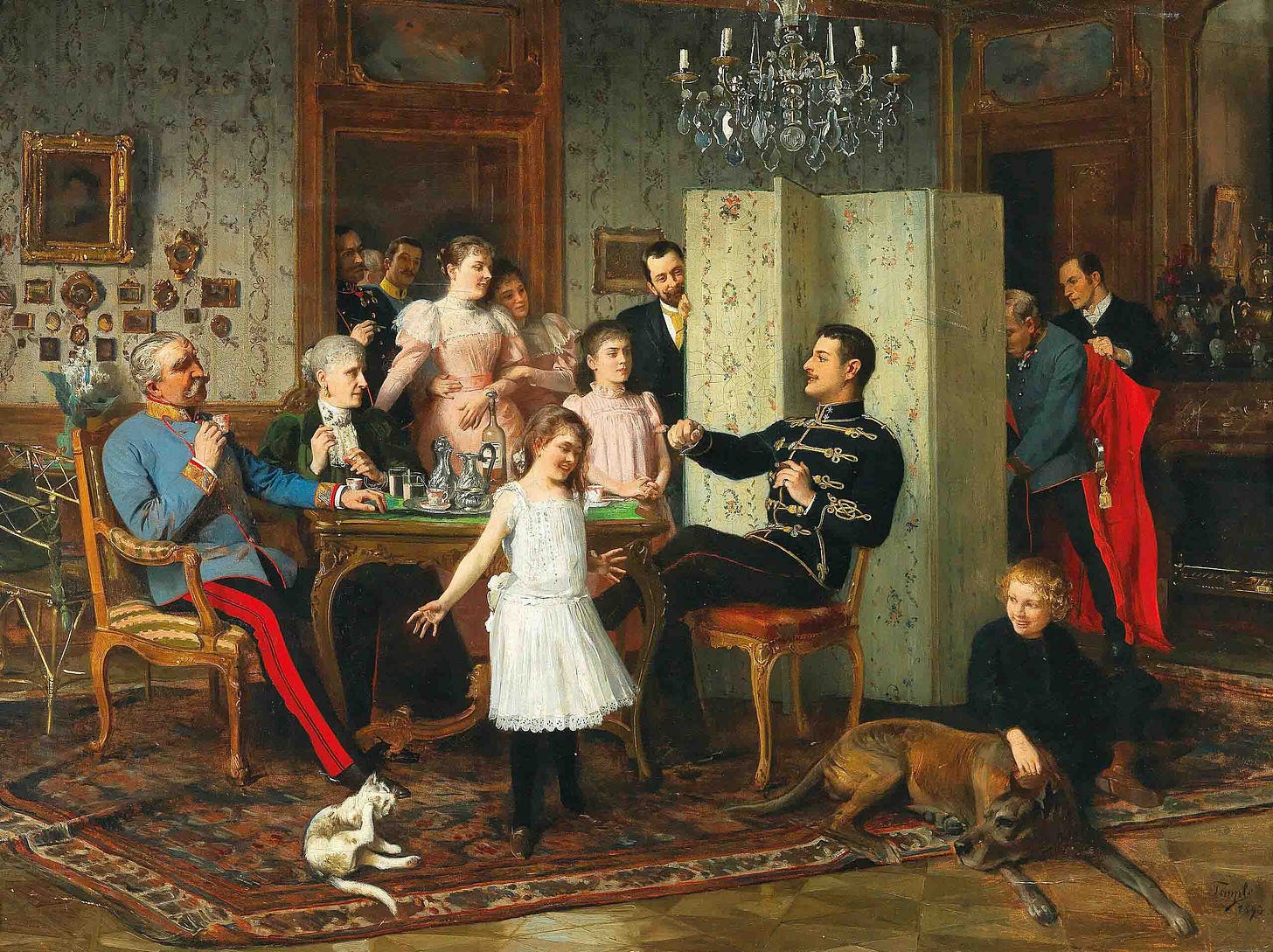
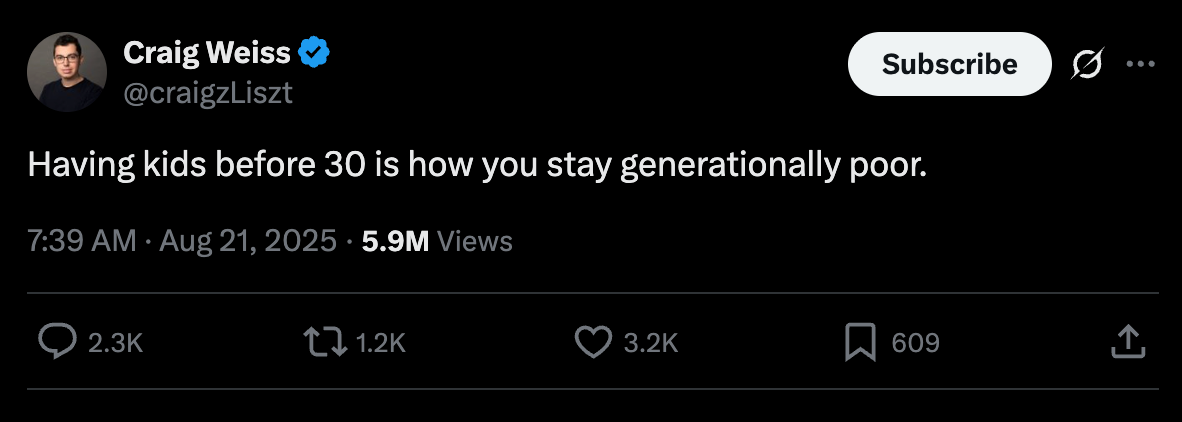
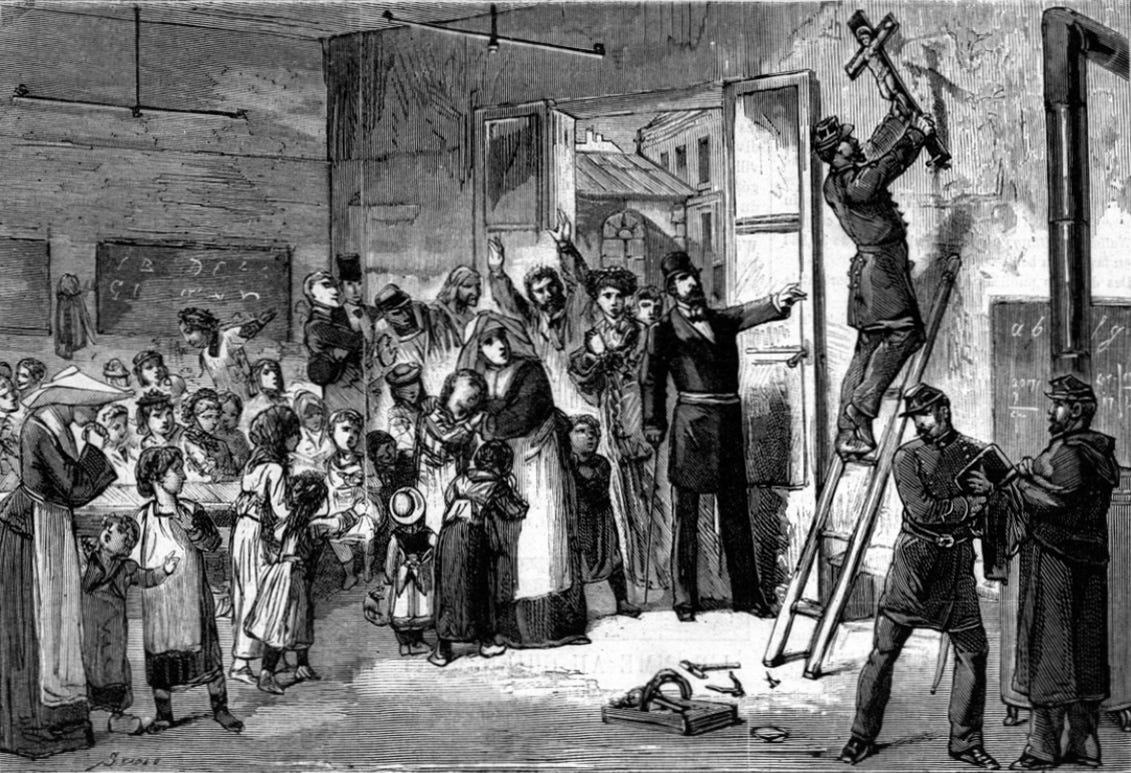
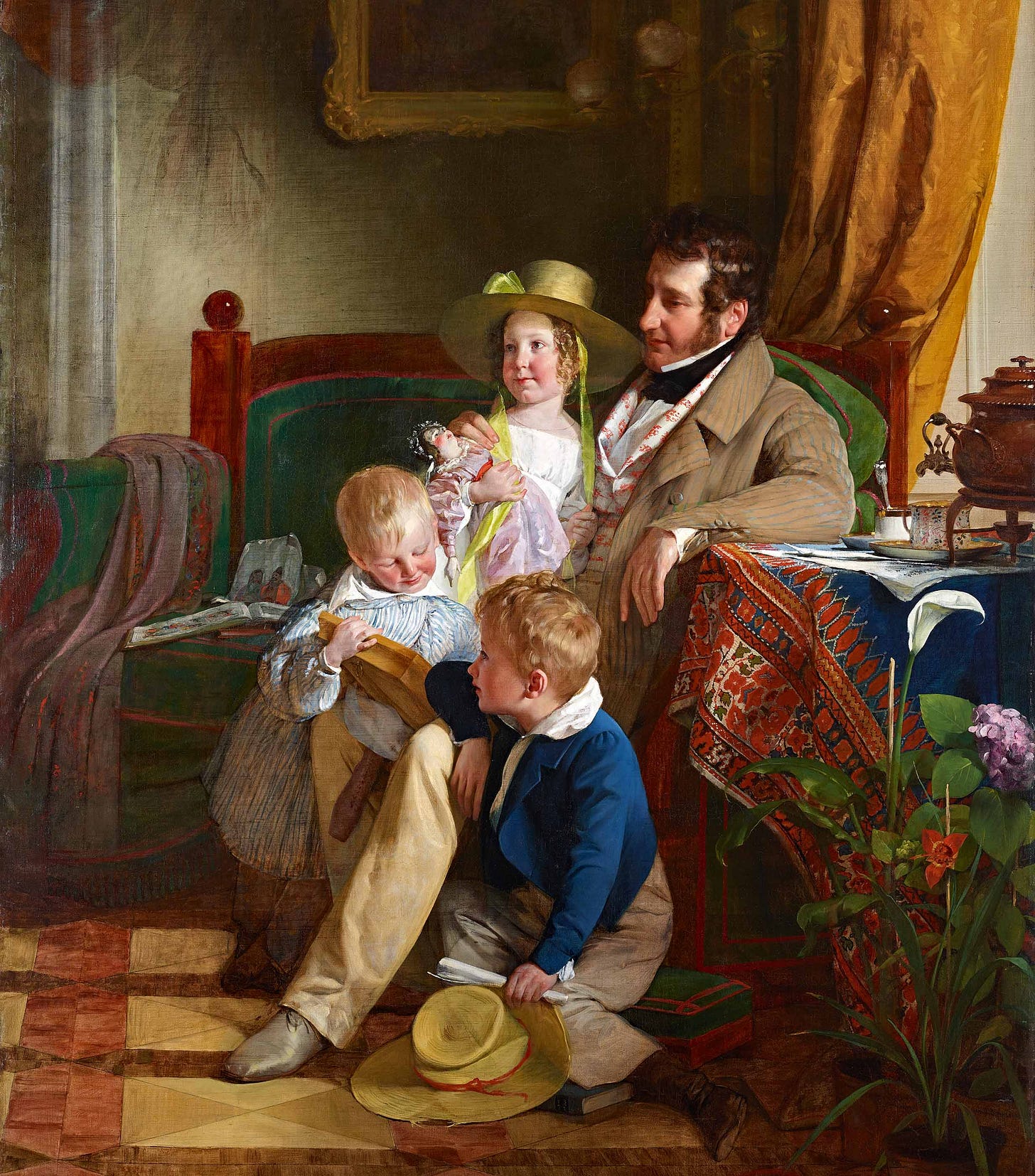
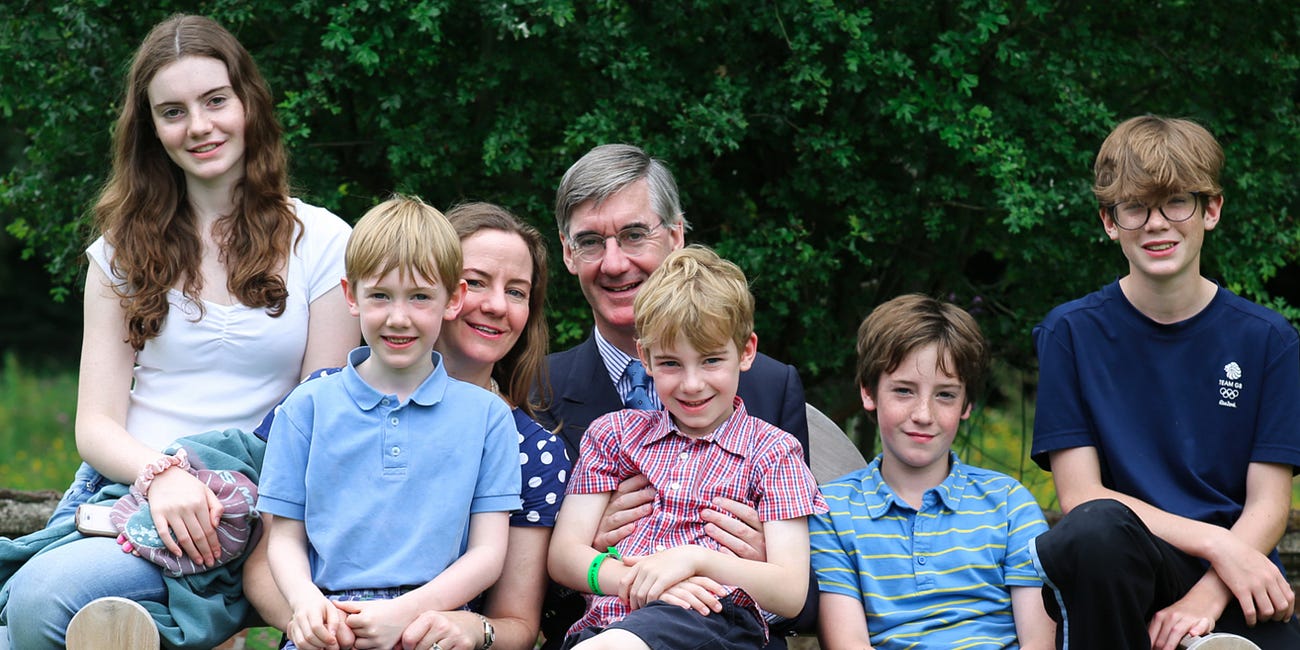
Fantastic article and interview.
I am very fortunate to have met Lord Jacob Rees Mogg in person. He is an inspiration.